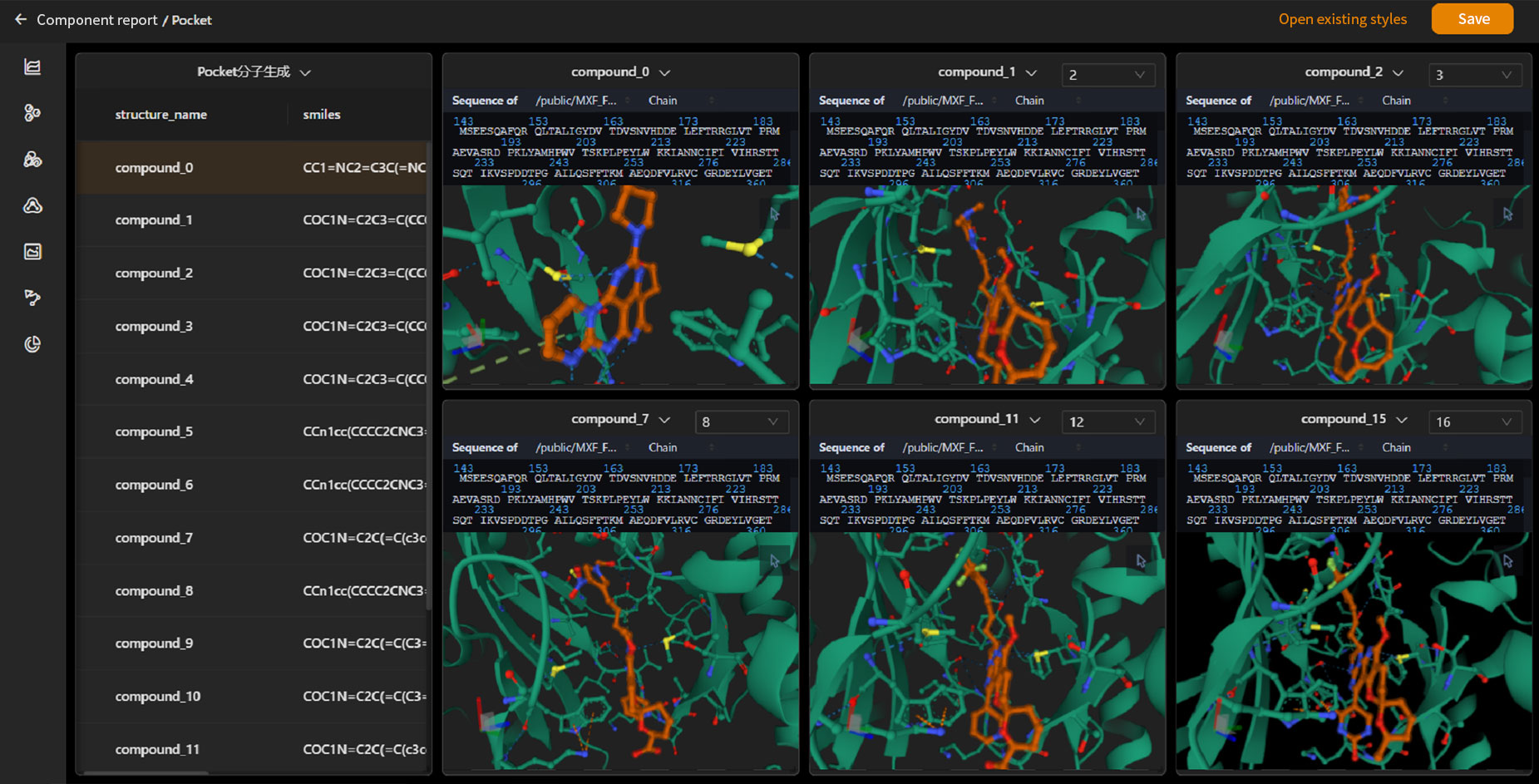In recent years, the application of Artificial Intelligence (AI) in drug discovery and development (D&D) has become more and more prominent, greatly improving the efficiency of drug discovery and development by predicting the efficacy and toxicity of drugs, automating the design of drug molecules, and accelerating clinical trials. Faced with the impact and opportunities of AI technology, drug discovery and development companies usually take the approach of developing on their own, purchasing mature and specialized AI platforms, or outsourcing AI-driven drug discovery and development (AIDD) to other companies altogether. However, which strategy is the best option?
Can you rest easy by completely outsourcing your AIDD efforts?
Many companies choose to outsource their AIDD work, and while this may seem like a time and cost-saving option, there are actually some issues that are hard to ignore.
First, data security is a major problem. Data is the lifeblood of drug discovery and development, and if it is leaked, it could cause significant damage to a company’s business. However, once data is outsourced, it is difficult to ensure that it is completely secure. Secondly, the issue of data ownership is equally important. Outsourcing may cause a company to lose ownership of critical data, which will undoubtedly weaken the company’s competitive advantage. In addition, the quality of services provided by outsourcing companies varies. If an unreliable outsourcing company is chosen, it may lead to slow R&D progress or even produce erroneous research results.
Therefore, outsourcing AIDD may result in higher economic costs in the long run. On the one hand, the outsourcing cost may increase with time and data volume; on the other hand, the cost may be much higher than expected if there are losses due to the above problems.
Why emphasize autonomous mastery of AI tools and data?
Autonomous mastery of AI tools and data, although it may require more resources in the short term, in the long term, such a decision is more advantageous
First of all, professional drug researchers have a higher probability of achieving results with the help of AI tools than outsourcing companies that only have AI tools but do not understand drug research. They can understand the research objectives more deeply and utilize AI tools more effectively. Second, ownership of AI tools and data protects a company’s intellectual property and data assets, ensuring data security and ownership. Additionally, taking ownership of AI tools can also increase flexibility, enabling companies to better meet specific needs. When a company’s R&D strategy changes, it can quickly adjust the application of AI tools without waiting for a response from an outsourcing company. And this approach helps develop and retain AI expertise and knowledge within the company. When AI becomes a core tool for drug development, companies with this expertise will have a significant advantage. Finally, taking ownership of AI tools and data ensures data consistency and quality, and avoids errors due to data transfer and conversion.
In the long run, owning AI tools and data can help companies save money. Once it has its own AI platform, the company only needs to pay for maintenance instead of high outsourcing costs.
Autonomous mastery of AI tools = autonomous development of AI platform?
Autonomous mastery doesn’t necessarily mean you need to develop it yourself. In fact, purchasing a mature, low-threshold AI platform from a professional company is often a more efficient and economical option.
In order to promote the real realization of “AI+Pharmaceuticals” and help new drug R&D companies to master AI tools and data easily and independently, Trunetech provides an advanced, low-threshold AI platform – MaXFlow.
MaXFlow is a new generation of molecular simulation and AI innovation platform for drug developers, independently researched and developed by Genentech, targeting all frontline innovative experimental scientists, computational simulation and AI specialists, covering a wide range of research and development fields such as innovation discovery and process development, etc. MaXFlow can help users to easily carry out drug design, predict drug properties, and manage research data, etc. The platform is very easy to use, even if it is used for the first time by new drug developers. The platform is so simple to use that even scientists with no background in molecular simulation or AI can get started quickly.
- Easily build 3D models of molecules, proteins, nucleic acids, etc.
- Improve modeling efficiency through component and workflow technology
- Connect to SDH scientific data genome platform to improve data acquisition efficiency
- Open environment integrates and encapsulates all kinds of algorithms, realizing algorithmic
- freedom SaaS cloud model, seamless docking of supercomputing resources in the background, realizing the freedom of arithmetic power
- Massive APPs resources for practical application scenarios, so that molecular simulation and AI technology can be used with zero threshold.
- Solidification of expert experience and knowledge precipitation through physical/AI model sharing.
Conclusion
Overall, taking ownership of AI tools and data is a long-term and wise choice for drug discovery companies. It not only protects the company’s data assets and intellectual property, improves flexibility, and develops in-house talent, but also saves costs in the long run. In this process, choosing a professional AI platform provider is an effective strategy. Quality AI platform products are not only mature and easy to use, but also provide strong support to help drug discovery companies better and more easily utilize AI technology.
AI+Pharmaceuticals, in which there are both challenges for IT personnel, but also for chemical and pharmaceutical personnel, regardless of which landing strategy, how both sides can achieve unhindered communication and synergy is very critical. I hope that every drug development company can think deeply about its AI strategy, whether there is a better choice, whether it can utilize AI more efficiently and realize greater value.



